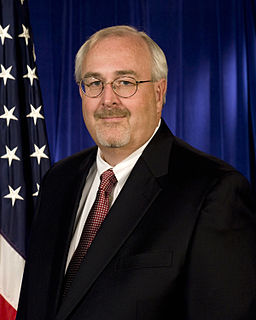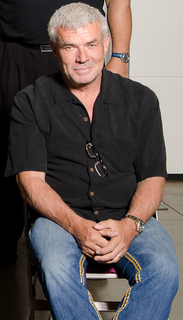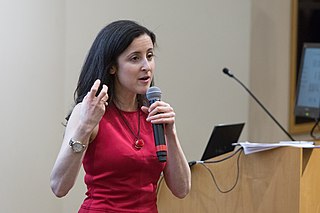A Quote by Craig Fugate
If you go back in history, the most deadly parts of the hurricane has been water. Wind is actually not as deadly as people think it is, although they tend to look at the wind field and look at that as a risk. What has historically killed people in past from hurricanes has been water, storm surge. That Hurricane Hugo's coastal flooding has been the leading cause of death. And that's why we're so adamant about getting people to evacuate. We spend a lot of time and resources to map those areas ahead of time. But it only works if people heed those evacuations and go to higher ground.
Quote Topics
About
Actually
Adamant
Ahead Of Time
Although
Areas
Back
Been
Cause
Coastal
Deadly
Death
Field
Flooding
Getting
Go
Ground
Heed
Higher
Higher Ground
Historically
History
Hugo
Hurricane
Hurricanes
Leading
Look
Lot
Map
Most
Only
Parts
Past
People
Resources
Risk
Spend
Storm
Surge
Tend
Think
Those
Time
Water
Why
Wind
Works
Related Quotes
My family and I survived Hurricane Katrina in 2005; we left my grandmother's flooding house, were refused shelter by a white family, and took refuge in trucks in an open field during a Category Five hurricane. I saw an entire town demolished, people fighting over water, breaking open caskets searching for something that could help them survive.
History is not everything, but it is a starting point. History is a clock that people use to tell there political and cultural time of day. It is also a compass that people use to find themselves on the map of human geography. History tells a people where they have been and what they have been, where they are and what they are. Most important, history tells a people where they still must go, what they still must be. The relationship of history to the people is the same as the relationship of a mother to her child.
Clean water is a necessity that we can no longer take for granted. Each year more people die of water related diseases than any other cause of death on this planet. With a higher rate of suffering and mortality than diabetes, cancer, high cholesterol, or war; or any two combined for that matter! An entire economy is growing around water. Those without money are suffering the most and risk severe illness from contaminated sources
Then the lord rained upon Sodom and upon Gomorrah brimstone and fire from the Lord out of Heaven; and He overthrew those cities, and all the plain, and all the inhabitants of the cities, and that which grew upon the ground. So it goes. Those were vile people in both those cities, as is well known. The world was better off without them. And Lot's wife, of course, was told not to look back where all those people and their homes had been. But she did look back, and I love her for that, because it was so human. So she was turned to a pillar of salt.
While Hurricane Katrina demonstrated the dangers of failing to evacuate hospitals from the path of a storm, Hurricane Gustav demonstrated that moving thousands of sick people has its own risks. Gustav also highlighted a critical vulnerability of American hospitals - an inability to withstand prolonged blackouts.
I think a lot of people do have questions about life, 'What's the purpose of my life?', 'What's the meaning of my life?', 'Why am I here?' ... It's hard to find a place where you can discuss those issues. You can't go down to the pub and say, 'What do you think the meaning of life is?' But actually, most people have those questions, somewhere in the back of their minds. And if you can find a place where you can discuss it with a group of people who, like you, are outside of the Church, and it's a non-threatening, relaxed environment, quite a lot of people want to do that.
There's always a mismatch. I mean, you know, as the economy evolves, it reallocates resources. Now, the real problem, in my view, is - this has been - the prosperity has been unbelievable for the extremely rich people. If you go to 1982, when Forbes put on their first 400 list, those people had $93 billion. They now they have $2.4 trillion, 25 for one. That is - this has been a prosperity that's been disproportionately rewarding to the people on top.
































